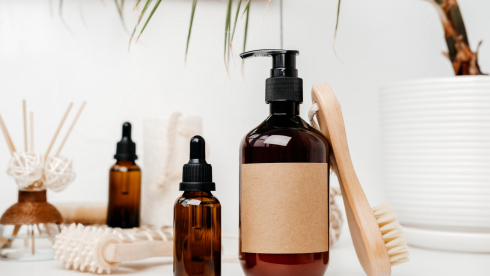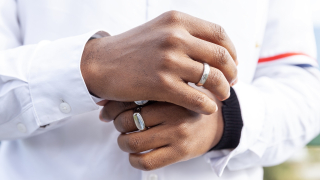Since 1999, National Black HIV/AIDS Day has been recognized on February 7. The observance was created to acknowledge how HIV disproportionately affects Black people, while also acknowledging how Black communities have made great progress in reducing HIV. As we observe the day this year, we wanted to share a little insight on better ways to be proactive about your health as a Black man or woman.
This year's theme is 'together we can make HIV Black History.' It's a play on the fact that the day falls within Black History Month, and the want and need to end HIV in the Black community with action and research.
Dr. Maranda Ward is a health equity advocate who has made it her life’s work to not only raise awareness on this issue, but to advocate for better resources, access, and quality of care for those in need. When she's not teaching public health classes at George Washington University, she is engaged in health disparities research.
"I've been working in HIV research for over 15-years. I must say, as a Black woman, I'm alarmed. Black people only make up 13% of the US population, but we make up 40% of new HIV cases," she says. "But we have come a long way thanks to intervention and research. I see how we've routinized testing in emergency departments and nearly eliminated mother to baby transmissions. So, I see what's possible."
When it comes to being proactive about your health and HIV prevention, Dr. Ward says the responsibility is not 100% on you. But, it should be a 50-50 effort between you and your physician. She suggests speaking up at appointments and not being ashamed to ask for testing when you may have been exposed.
"There is a shared responsibility of the health care system and patients. Our role is to not only ask for testing or prep (Pre-exposure prophylaxis), but we should also be intentional with having open dialogue with our physicians about our overall health. Once we do that, it makes it easier to talk about things like sex and protections. Take any information that you've looked up on your own, and have your medical expert explain it further to you. You should feel validated in the questions you have, and not feel dismissed."
As we continue to progress in our fight, not only during National Black HIV/AIDS Day, but all year, Dr. Ward says no matter what, it's time we let go of the stigmas around protecting ourselves and speaking up.













